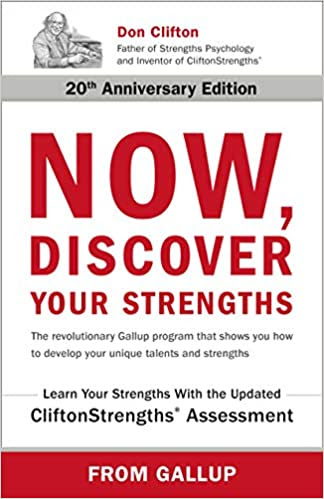How our belief system affects people's skills?

Before getting into the techniques, let us understand the cause and effect of our beliefs on people skills.
The ultimate purpose of people skills is to get things done and maintain a high quality of relationships.
Lesson 1: How our belief systems or assumptions affects the people skill?
The belief system is nothing but what we believe as truth or simply our assumptions. This belief or assumption plays a significant role in getting things done and maintaining relationships with others.
For example,
As a manager or the business head, you are supposed to send the quotation for an inquiry, and you are delegating the task to your junior colleague by stating that the task is URGENT.
Even after two days, you are not getting the tasks done by your colleague, and you call him/ her and get into an argument, and finally, somehow task is completed.
Here only your belief or assumptions and your junior colleagues’ beliefs or assumptions work against both.
When you refer URGENT, say, for example, you assume that TODAY is urgent, whereas your junior colleagues believe that TOMORROW is urgent. Why is there a difference in assumption? Because both are coming from different experiences and backgrounds and inturn the assumptions or beliefs are also different. Both look at things from their angle based on their BELIEF SYSTEM.
Naturally, when there is a difference in assumptions or beliefs, there is a high chance of not getting things done on time, or there may be a strain in the relationship.
When you understand this lesson, you may change your communication by stating when you want the quote, say by stating today evening at 4 pm.
The point is that we need to ensure the following when we assign the task to others.
- Clarify whether our assumptions and others' assumptions are the same or not?
- What questions do we need to ask others to ensure they are in the same assumptions as ours?
- What information do we need to give to avoid the conflict of assumptions or beliefs?
When we know the difference exists in ASSUMPTIONS OR BELIEFS in each individual, we can change our communication practices! That will help to improve our people skills.
Let us discuss other lessons next week.
Stay safe till then!

















